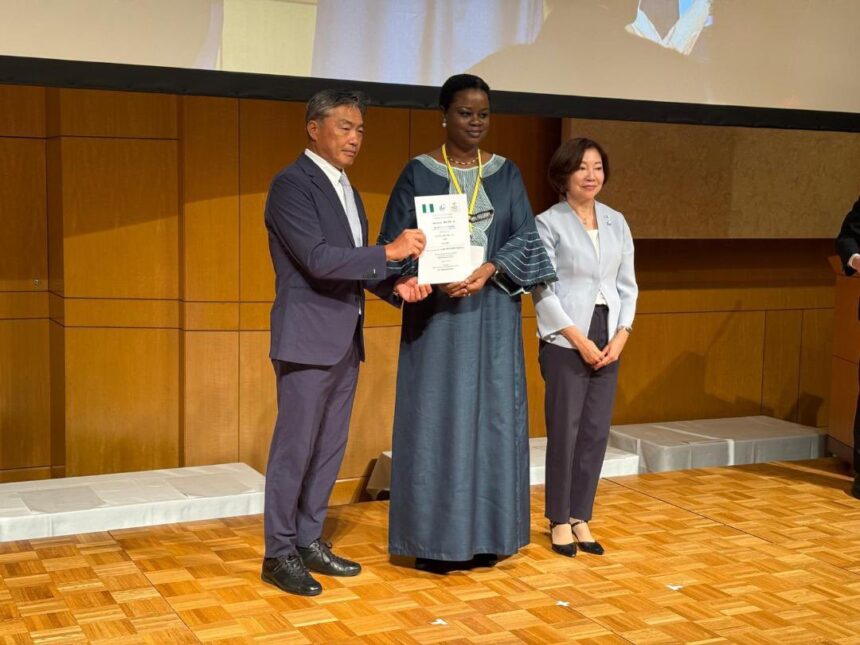Japan has announced the creation of an official hometown for Nigerians named Kisarazu.
Also, a Japan-Nigeria visa program has been unveiled to attract skilled and talented individuals.
This was announced on August 21, 2025, during the 9th Tokyo International Conference on African Development (TICAD9).
This disclosure is also contained in a statement issued by the Director of Information at the State House, Abiodun Oladunjoye, on Friday, August 22, 2025.
According to the statement, the creation of Kisarazu is part of an initiative to deepen cultural diplomacy, boost economic growth, and address Japan’s workforce needs.
The statement also added that artisans and other blue-collar workers from Nigeria who are ready to upskill will also benefit from the special dispensation visa to work in Japan.
Japan International Cooperation Agency, in a ceremony, also named the cities of Nagai in Yamagata Prefecture the hometown of Tanzania, Sanjo in Niigata Prefecture the hometown of Ghana, and Imabari in Ehime Prefecture the hometown of Mozambique.
Nigeria’s Charge d’Affaires, as well as the Acting Ambassador to Japan, Mrs. Florence Akinyemi Adeseke, and the Mayor of Kisarazu, Yoshikuni Watanabe, received the certificate from the Japanese government naming Kisarazu the hometown of Nigerians.
The statement reads in part: “The four cities will foster a foundation for two-way exchanges for manpower development that will add value to the economic growth of Japan, Nigeria, and the other three African nations.
‘’Local authorities hope that the designations will increase the population of their cities, contributing to their regional revitalisation efforts.’’
Japanese Prime Minister Shigeru Ishiba, in his address, acknowledged the challenges of Japan’s ageing population but emphasised that locally rooted solutions are essential for Africa’s development.
The Japanese Prime Minister said: “Japan is providing various cooperation and support for Africa. But first of all, Japan needs to know more about Africa. So, in creating solutions together, this co-creation at the TICAD 9, we focus on three important areas: private sector-led sustainable growth, Youth and Women, and Regional integration and connectivity within and beyond Africa.’’





